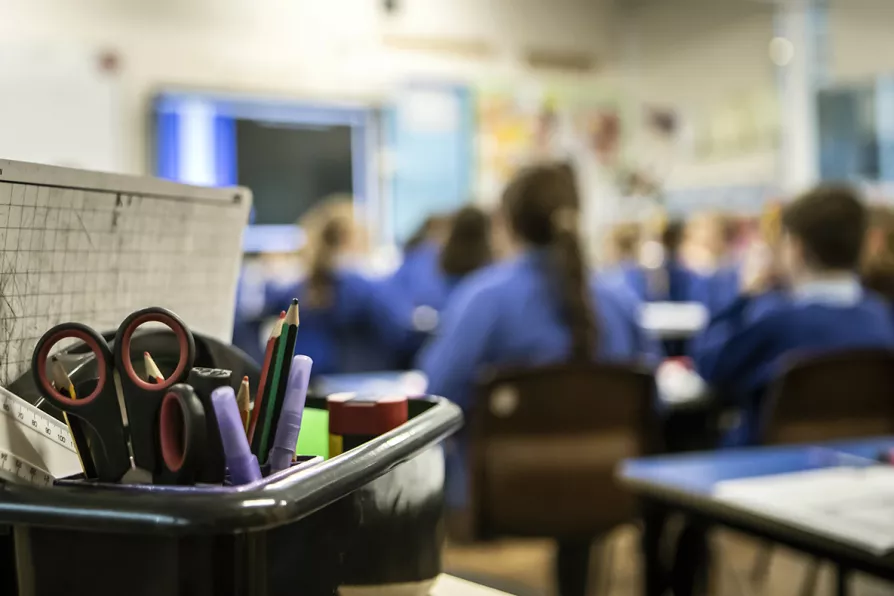
 Pupils in a classroom
Pupils in a classroom
MORE disadvantaged children are arriving at school still wearing nappies as Britain’s nursery postcode lottery gets worse, the former children’s commissioner for England has warned.
Anne Longfield said young children are being held back, entering school using buggies and unable to communicate properly with their classmates due to a crisis in early years provision.
A report from her Centre for Young Lives think tank and health equity group Child of the North, published today, said the pandemic exacerbated many early years developmental problems, warning that, since the pandemic, a widened language gap between children from more and less advantaged communities could hinder an entire generation of young people.

More than 100 protesters expected to hold signs opposing Palestine Action ban outside the venue in Liverpool
















